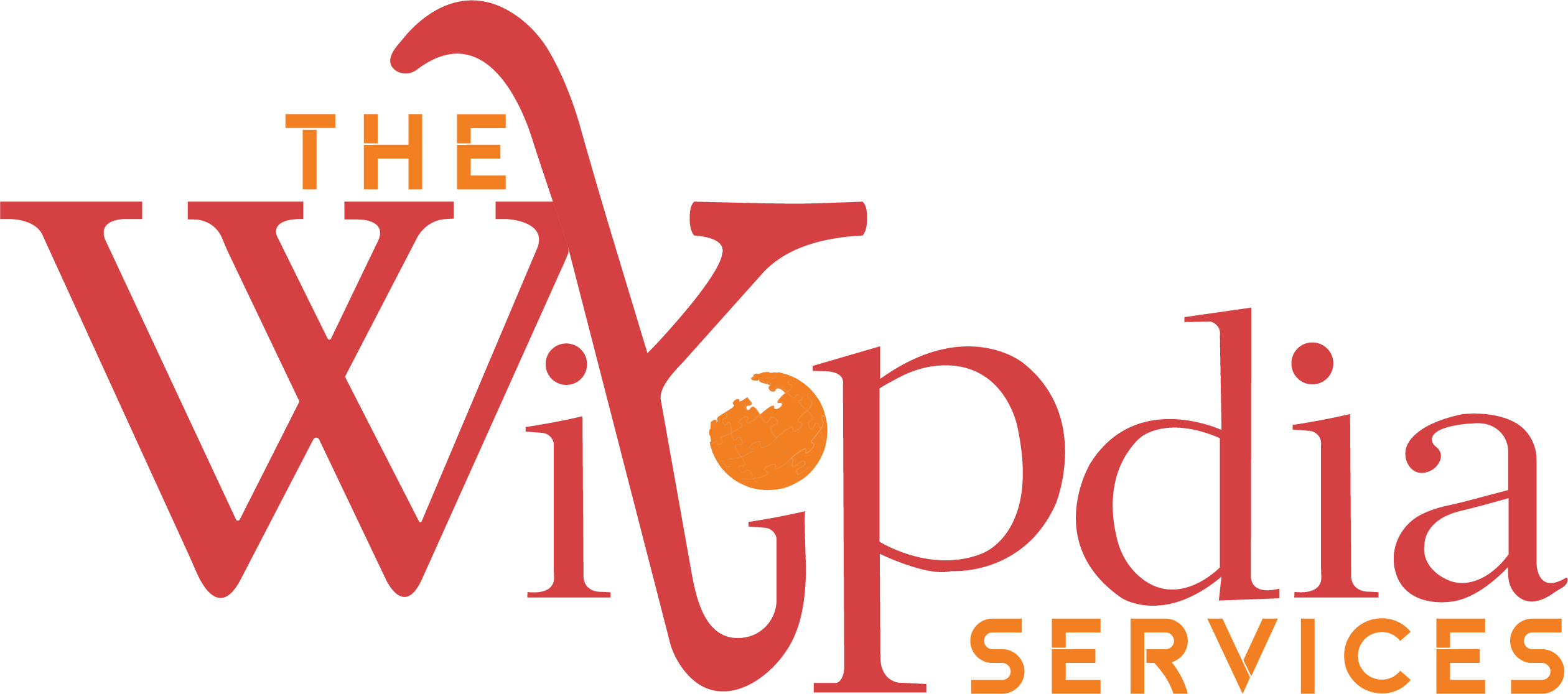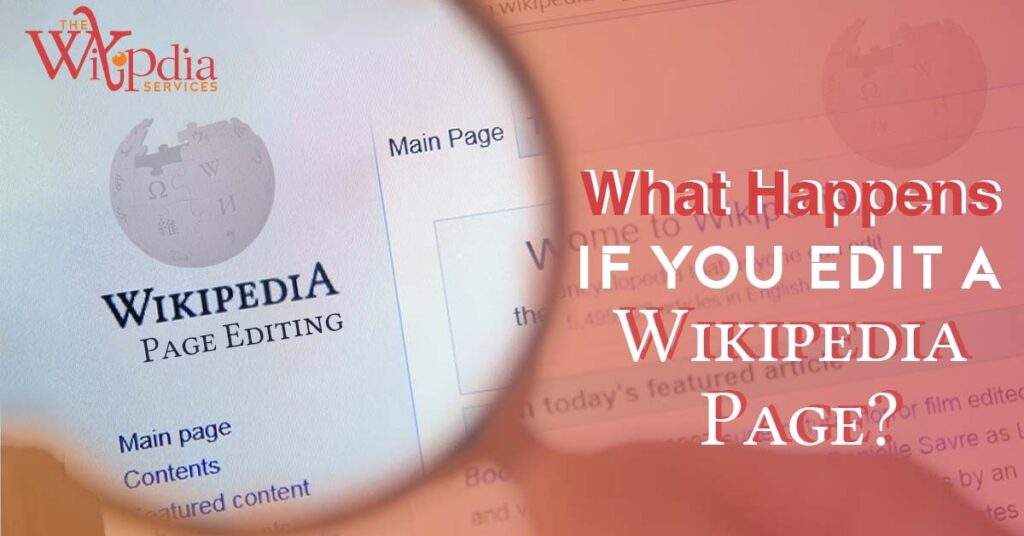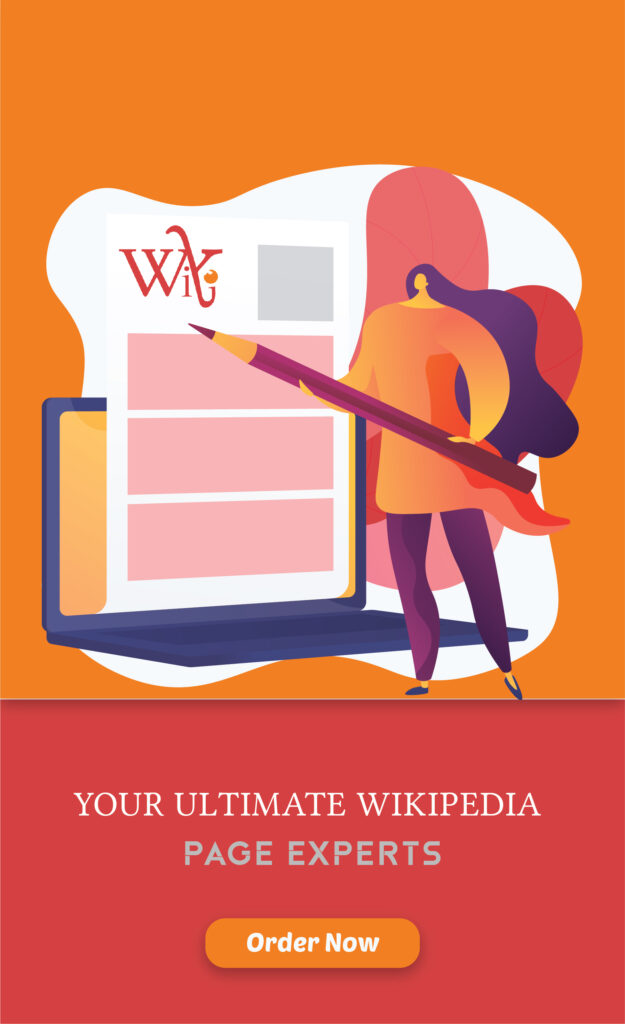Wikipedia is in the list of the most visited websites and provides information on nearly any topic possible. Anybody with an account can edit a Wikipedia page and this makes it different from all other encyclopedias but at the same time it poses some serious credibility issues.
Editing Wikipedia might seem simple, but every change has a story, let us uncover what happens behind the scenes!
In this blog, you will find a clear explanation of what happens after you edit a Wikipedia page if you are interested in the process.
How Wikipedia Editing Works
Each time you decide to edit some article on this website, you realize that you are dealing with the world’s largest encyclopedia. But what we are left with is a story that isn’t as easy as making alterations and then having them remain in place. It must be understood though, that Wikipedia has a community of editors, as well as a vast set of rules that make sure that the content remains accurate, non-biased, and sourced minute by minute.
You can edit your posts and such edits become an object of approval/rejection or further moderation. Now that we know what happens before you press the “Save Changes” button, let us take a look at the next steps.
What Happens Immediately After Editing?
Once you’ve submitted an edit, the following events typically occur:
1. Your Edit is Saved Temporarily
What happens is that anytime you make edits on an apparently static page of Wikipedia. The changes made are stored in Wikipedia history. This means that every action made within the page, be it a minor correction is recorded and can be tracked. This feature is one of the most distinctive features of the Wikipedia website.
2. Review by Other Editors
Other users who engage in editing activities include a large group that constantly watches recent changes in Wikipedia. They review their changes to make sure that no mistakes have been created, citations are correct, and that the rules of the Wikipedia have not been breached. If your edit does not cite a source, or violates any rule of Wikipedia, your edit may be reverted.
3. Automated Tools Check Edits
To disallow the appearance of spam, vandalism, or improper content, Wikipedia uses bots to help in patrolling the web page. These bots can mark or revert any post or account activity that is not in congruence with the general set policies and regulations of the application.
Why Do Some Edits Get Rejected
Wikipedia editing is not always easy. Usually, edits can be reverted even if they were made with good intentions by any registered user. Here are some common reasons:
Lack of Reliable Sources
In general, one of the biggest unchallengeable practices of Wikipedia is its purpose to provide only reference data. If your edit is not backed by a valid source, it will be deleted most of the time.
Biased Content
Wikipedia puts a lot of pressure on being fair and balanced. Be especially wary of edits that may seem promotional, or that contain an opinion, or pure hearsay; these edits will be retained, removed, or marked.
Vandalism or Mistakes
Defacing or any other errors that may accrue to the site are corrected nearly immediately by professional Wikipedia editors or by bots.
The Role Of Wikipedia Editors
Wikipedia editors are responsible for many tasks related to keeping the website honest. This is how they guarantee that the content published contains no errors and is not inclined in any way, yet is richly sourced. There are different types of editors, including:
1. Volunteer Editors
These are people who engage in creating Wikipedia and do not receive a penny for the work they do. They track the shifts with the purpose of helping others enhance the quality of articles.
2. Professional Wikipedia Editors
Occasionally, it is engaged, and organizations or individuals seek the services of professional Wikipedia editors. These editors with the knowledge of the rules in Wikipedia and they are able to check that the material meets the laid down standards on the site.
Can You Hire a Wikipedia Editor?
When you want to develop or edit a Wikipedia page but do not have the time or the specialization, you probably ask, “Can I hire Wikipedia editor?” The short answer is yes. Some people prefer to engage services of professional Wikipedia editors that will effectively manage the above challenges and comply with Wikipedia’s policies.
Advantages of Hiring a Wikipedia Editor:
- Expertise in Guidelines: A professional editor knows the provisions of the Wikipedia policy and can perform edits that will not likely be reverted.
- Credible Sources: To reduce the risk of libel and perpetuating false information they make sure all information is backed up and facts checked.
- Time-Saving: It takes much time though to edit articles on Wikipedia, but hiring an editor allows you to do other things.
However, it is worth mentioning that any direct promotion of a product or service is actually against the rules on Wikipedia. If you use Wikipedia paid editing services, make sure the particular editor acts only in an ethical manner.
How To Ensure Your Edits Stay?
It was interesting to come away from the experience of editing Wikipedia with an understanding that the processes of revision involve following all the rules quite closely. Here are some tips to ensure your contributions are accepted:
Use Reliable Sources
Whenever you make a change, you should provide references that are scholarly articles, newspaper articles, government publications etc.
Be Neutral
Don’t use gains or promotional/biased words. As for the clients, Wikipedia does not take sides.
Learn the Basics
Do not make edits before first knowing all the rules and regulations of the editing and formatting of Wikipedia pages.
Integrate with the Community
Talk to other editors on the discussion page regarding the changes that you have made, in case you are accused of vandalism.
Ethical Concerns Around Wikipedia Paid Editing
It’s legal, or somewhat permissible, to hire a Wikipedia editor since it is not against the policy of the platform, but there some ethical issues to consider. Transparency is key. Wikipedia policies have it that editors who engage in paid editing are supposed to declare their relationship. That way, there can be no conflict of interest when handling different clients, and the platform will remain credible.
If a user does not declare their paid editing activities then their work may be deleted or reported. Simply choose an editor who is highly ethical and who is also in touch with Wikipedia policies when making such a decision.
The Importance of Wikipedia’s Guidelines
The rules that are observed in Wikipedia are the main cornerstones of believability. They assist in keeping the platform moderate and not turning into some sort of advertisement page. Both for personal as well as for professional use, these rules must be followed to the dot.
Here are some key guidelines to remember:
- Neutral Point of View (NPOV): Another reason is that all the content of Wikipedia must be neutral.
- Verifiability: Every single claim needs a supporting source.
- No Original Research: Wikipedia does not contain brand new concepts or theories or the results of completed studies.
Summary
Wikipedia editing is simple, but it has a set of responsibilities when it comes to it. Whichever way you put it, all your changes will be reviewed by a community of editors and evaluated by other special software tools. For those who are not confident about trying to sort through the rules of Wikipedia, the next best option is to hire a Wikipedia editor — but this has to be done legally.
To become a Wikipedia contributor, you need to learn how the platform functions and stick to the rules and best practices; that way, you input meaningful information into this worldwide knowledge base and see your improvements adopted.
Knowledge grows when shared, but only when it is accurate, master Wikipedia editing and leave a lasting impact!


